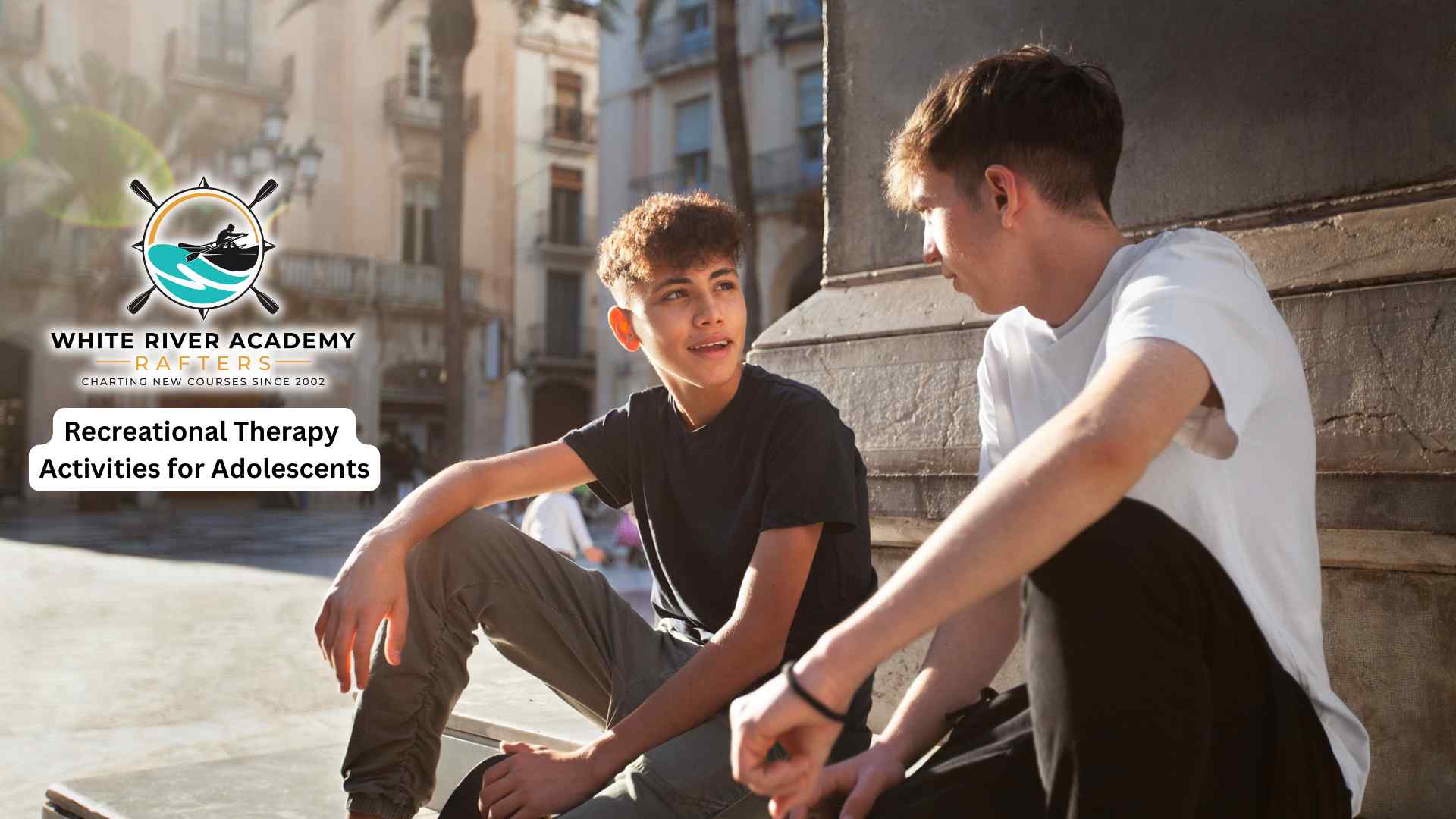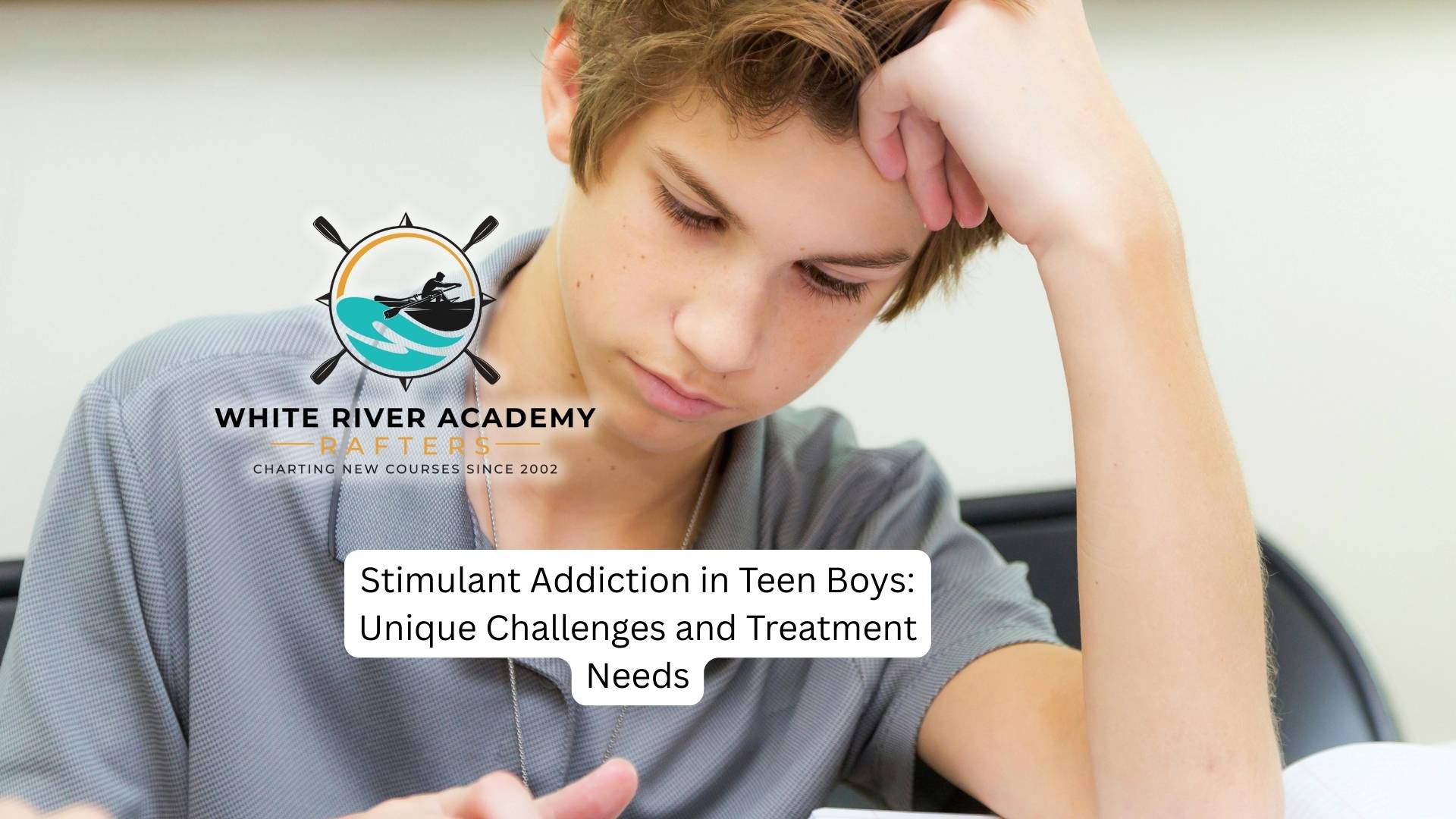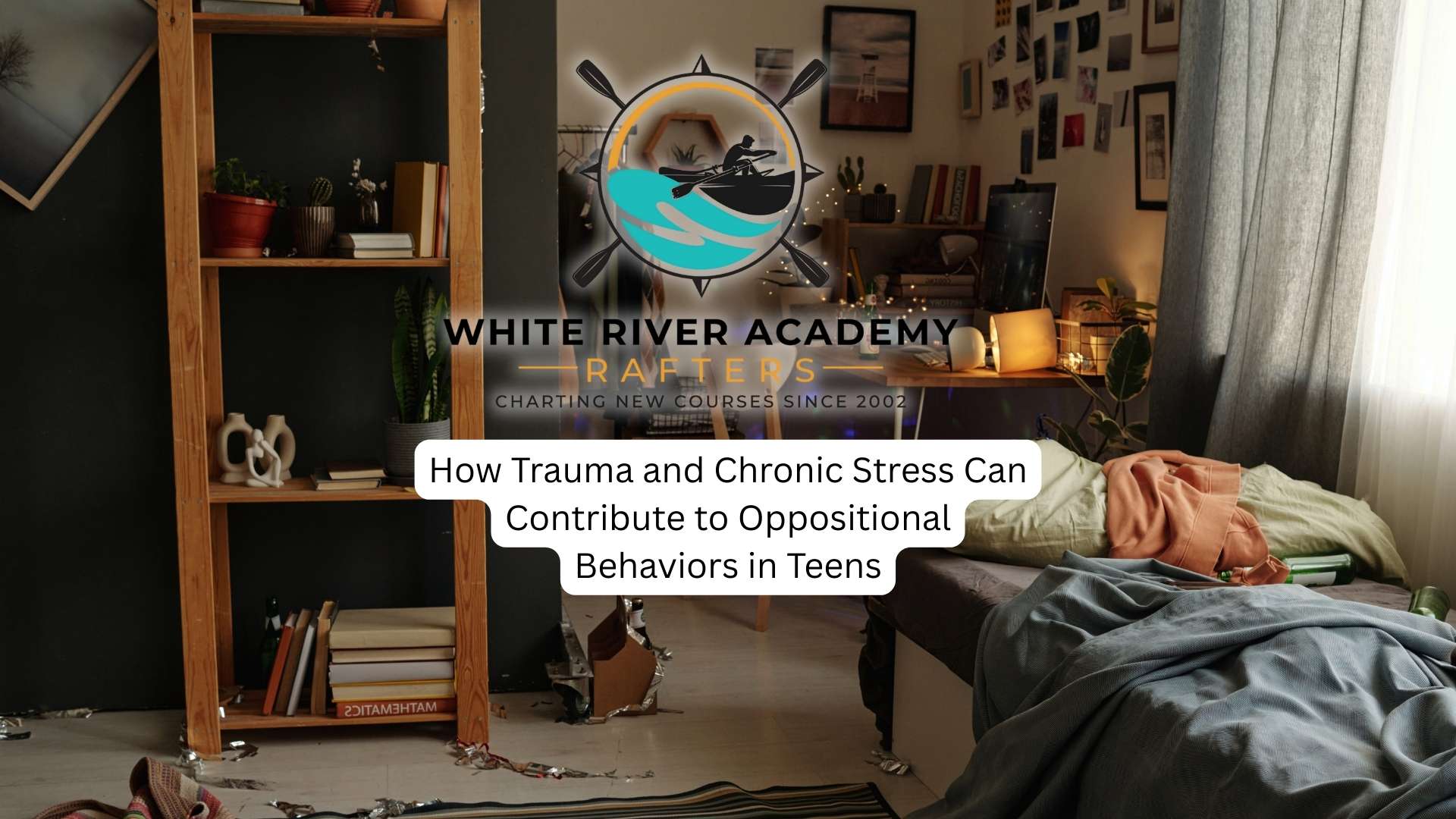Adolescents face a myriad of challenges as they navigate the complex journey of growing up, often grappling with stress, anxiety, and other mental health concerns that can significantly impact their overall development. Recreational therapy provides a unique and effective approach to addressing these issues by engaging young people in purposeful and enjoyable activities that offer therapeutic benefits.
This article will delve into the various types of recreational therapy activities available for teenagers, exploring their specific advantages and discussing how they can be effectively incorporated into treatment programs.
What is Recreation Therapy?
Recreation therapy is an approach to therapy that uses leisure activities to improve adolescents’ physical, mental, and emotional health.
It’s a therapeutic approach that promotes independence and enhances quality of life by developing essential skills through engaging activities tailored to each adolescent’s needs.
Recreation therapy incorporates arts and crafts, sports, games, and nature-based experiences, encouraging self-expression and social interaction.
Participation in recreational activities can boost self-esteem, social skills, and overall mental health outcomes for adolescents.
Certified recreation therapists use evidence-based practices to assess client needs and create individualized treatment plans aligned with their goals and interests, ensuring a holistic approach to therapy that supports the well-being of adolescents facing various challenges.
Check out the therapeutic program we provide at White River Academy, which provides troubled male adolescents with a structured and supportive environment where we’ve integrated recreational therapy with evidence-based clinical interventions.
Creative Arts Therapy
When adolescents engage in creative arts therapy, they’re given a powerful outlet to express their emotions and explore their inner selves through various artistic mediums. From painting and drawing to sculpting, teens can communicate complex feelings in non-verbal ways, fostering self-awareness and personal growth.
Art therapy sessions provide a supportive environment where adolescents can process their experiences, reduce anxiety, and enhance overall mental well-being. By exploring their identities through creative expression, teens develop essential coping skills and resilience to navigate the challenges of adolescence.
Engaging in artistic activities also promotes a sense of accomplishment and boosts self-esteem, as adolescents witness their ideas and emotions materialize into tangible forms.
Mindfulness and Stress-Reduction Exercises
By engaging in practices like deep breathing and body scanning, you can significantly lower your stress and anxiety levels while promoting relaxation and self-awareness.
Incorporating mindfulness into your recreational therapy activities will help you improve your emotional regulation, develop better coping strategies, and enhance your focus and concentration. Mindfulness-based stress reduction techniques can even lower cortisol levels, the hormone associated with stress.
Participating in group mindfulness activities not only fosters a sense of community and support among your peers but also promotes your individual well-being.
Physical Fitness Activities
By engaging in regular physical fitness activities, you can reduce the risk of obesity and chronic diseases while improving your mood and mental health.
Participating in team sports or group fitness classes fosters social interaction, enhances communication skills, and builds a sense of community among your peers.
As you develop physical skills and achieve personal fitness goals through therapeutic recreation, you’ll also boost your self-esteem and body image.
Structured physical fitness programs teach valuable life skills like teamwork, discipline, and goal-setting, which are crucial for your personal development and development during adolescence.
Team-Building Games
Team-building games are a fun and engaging way to develop essential social skills and foster a sense of unity among adolescents participating in recreational therapy. These activities enhance communication skills by requiring participants to collaborate and share ideas to achieve common goals, building trust and camaraderie.
Team-building games often involve problem-solving tasks that improve critical thinking and decision-making abilities, promoting resilience and adaptability. Engaging in these games can boost self-esteem and confidence as teens learn to rely on one another and recognize their individual contributions.
These games can be tailored to accommodate diverse interests and abilities, ensuring inclusivity and maximizing participation among all group members.
Nature-Based Therapy
You’ll find that spending time outdoors can reduce symptoms of anxiety and depression, enhance mood, and improve overall mental health. Engaging in nature-based activities also fosters social connections among peers, encouraging teamwork and communication skills through collaborative experiences in natural settings.
Outdoor activities such as wilderness therapy, animal-assisted therapy, care farming, and horticultural interventions can be beneficial for mental health. Participating in experiences like hiking, camping, or gardening can reduce stress, improve mood, and enhance overall mental well-being in adolescents.
Interacting with animals through animal-assisted interventions has been shown to increase self-esteem, self-efficacy, and social cognition while reducing symptoms of mental health disorders.
These activities also provide opportunities for physical activity, boosting fitness and contributing to emotional resilience.
Nature therapy can be tailored to individual preferences and sensory needs, ensuring inclusivity and enhancing participation for all adolescents, including those with processing challenges.
Music Therapy
Music therapy involves using music interventions to address teens’ physical, emotional, cognitive, and social needs, promoting healing and personal growth.
It’s been shown to significantly reduce symptoms of anxiety and depression in adolescents, enhancing overall mental well-being. Engaging in activities like songwriting or music improvisation fosters creative expression, helping teens articulate their emotions and experiences.
Sessions often utilize both active participation, such as playing instruments or singing, and receptive methods, like listening to music, to facilitate emotional processing.
Final Thoughts from White River Academy
Nestled in the serene surroundings of Utah, White River Academy offers a comprehensive residential program for troubled teens that incorporates recreational therapy as a key element. Our distraction-free environment allows young men to concentrate on their persona




